Manure Characteristics 5 entire structure in the summer (e.g. July). The other option would be to sample annually before manure application. How to Collect Samples. A representative sample is critical to obtaining a reliable manure analysis. Manure nutrient
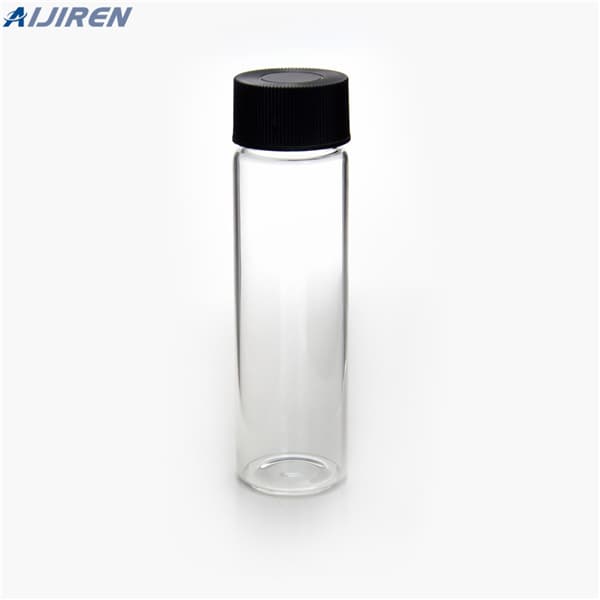
14/10/2010 · Two vials are then marked for the wastewater sample to make a duplicate run. Note: If multiple wastewater samples are being run, at least 10% of samples are duplicated. 2 mL of liquid are added to each vial.
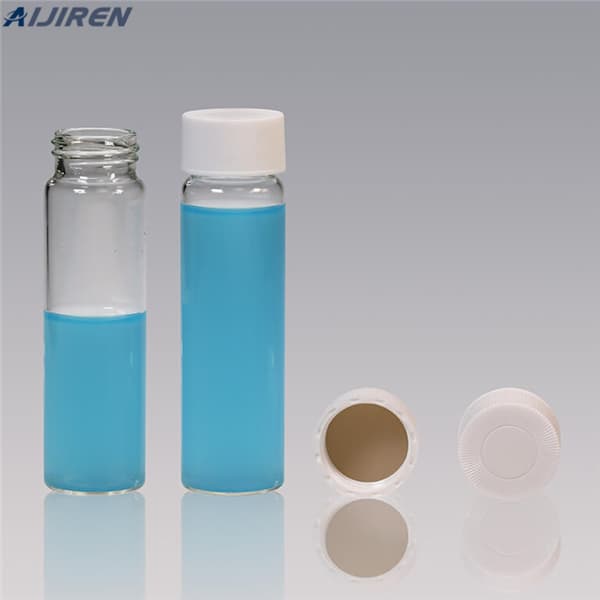
10/6/2021 · Analysis Group Name Analyte Container Preservative Aqueous Organic Chemistry 1,4-dioxane 2 x 1L glass amber 4C Aqueous Organic Chemistry Chlorophenols 2 x 1L glass amber 4C Aqueous Organic Chemistry EDB/DBCP 3 x 40 ml VOA Vial 4C Aqueous
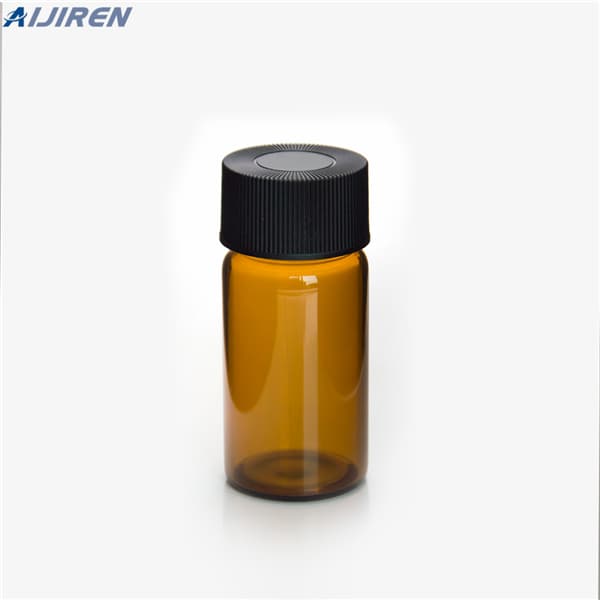
For most analyses performed on livestock wastes, take a sample of about 1 pint (500 milliliters). Use a wide-mouth bottle having a diameter of at least 1.4 inches (35 millimeters) at the mouth. Tightly seal the sample container immediately after collection. The bottle can be of glass or plastic.

The International Pharmacopoeia (Ph. Int.) constitutes a collection of recommended procedures for analysis and specifications for the determination of pharmaceutical substances and dosage forms that is intended to serve as source material for reference or adaptation by any WHO Member State wishing to establish pharmaceutical requirements.
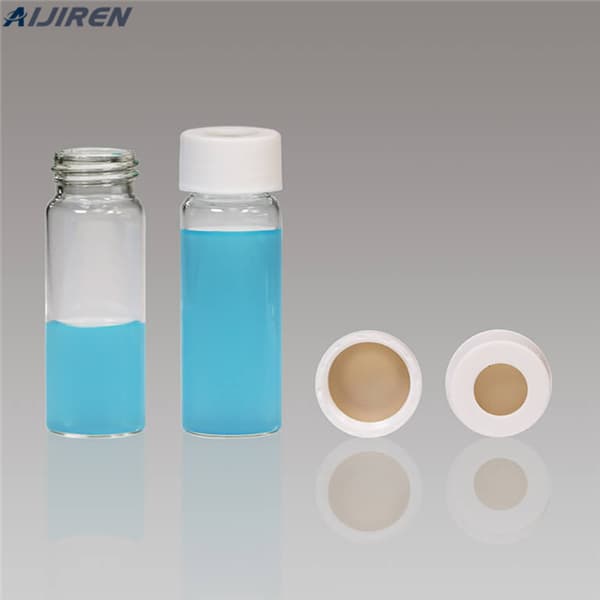
A total of 236 soil samples were collected and analyzed by a portable gas chromatograph (GC) for volatile organic compounds (VOCs) (234 samples) or fixed laboratory (23 samples). Continuous soil cores were obtained at each boring location and were typically subsampled every 2 ft of depth for portable GC analysis.
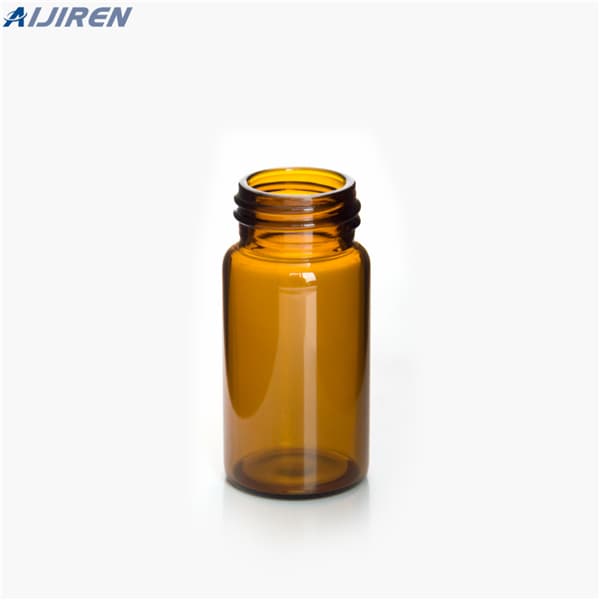
It is especially important that microscope slides and cover glass used for the preparation of blood films or bacteriologic smears be perfectly clean and free from scratches. Slides should be washed, placed in glacial acetic acid for 10 minutes, rinsed with distilled water,
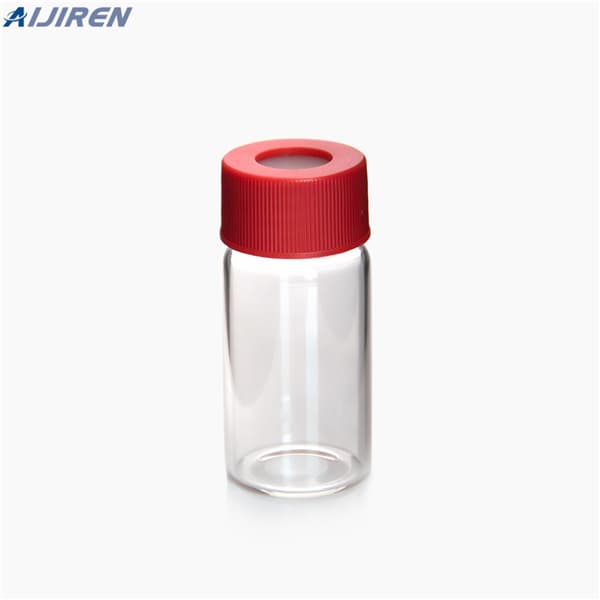
Bottles, sample * Volatile Organic Compounds (VOC) VOC Sampler, stainless steel, w/o weights, 990-J98 @ Vial, glass, amber septum, 40 mL, 333FLD * HCL 1:1 acid, in Teflon vial (NWQL) Tongs, H-06443-00 # Container, stainless steel, for equipment blanks
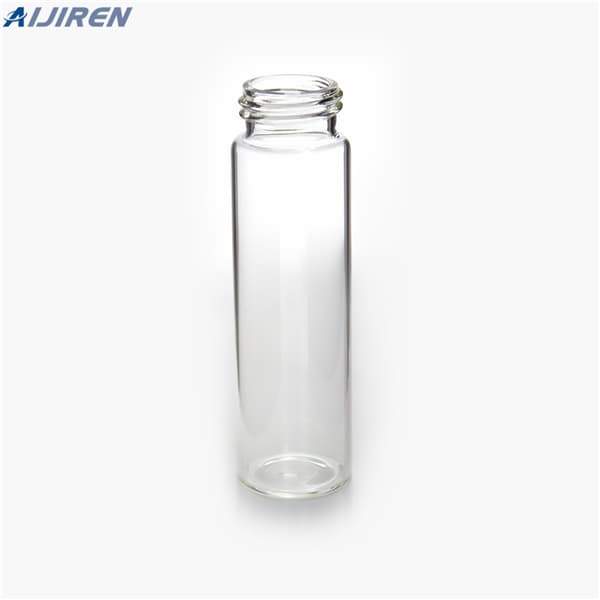
This blank represents the “trip” the volatile vials take from leaving ELLE with the bottle order to the field for sample collection and back to the lab for testing. The blank is created at the laboratory by completely filling the volatile vial container with lab grade deionized water and sealing the container.
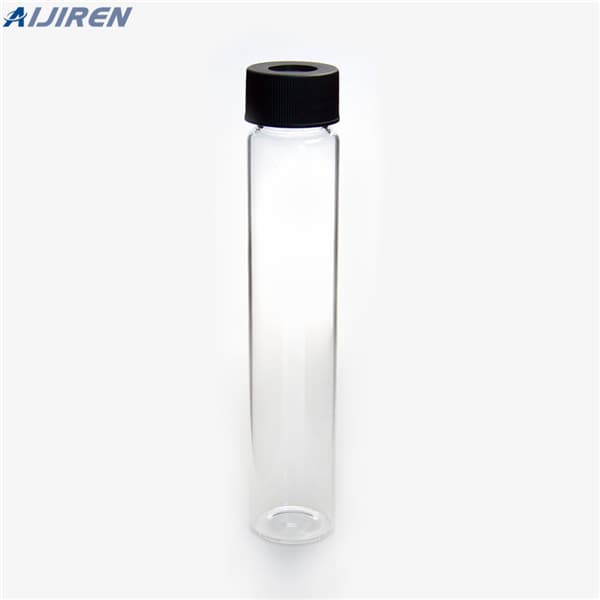
14/8/2020 · Index of Sampling and Analytical Methods. This is an alphabetical list of chemicals that have either a validated or partially validated OSHA method. Some chemicals may be listed by their common synonym. The index includes the method number, validation status, CAS no., analytical instrument and sampling device. A key for abbreviations is located
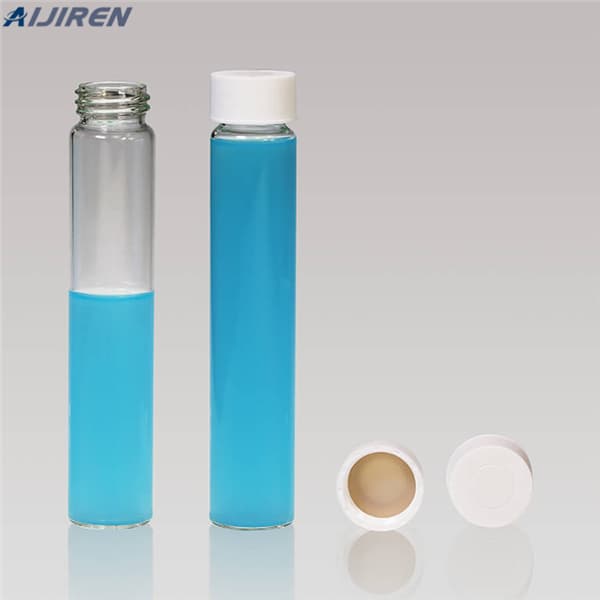
www.pca.state.mn.us Minnesota Pollution Control Agency 651-296-6300 | 800-657-3864 or use your preferred relay service | Info.pca@state.mn.us January 2021 | c-prp4 -04 Available in alternative formats . Soil sample collection and analysis procedures
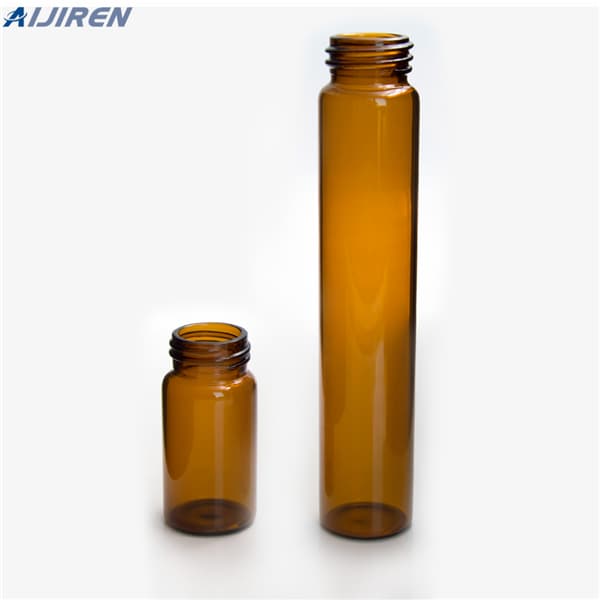
The purge and trap method is applied for the analysis of volatile organic compounds (VOCs) in aqueous samples by purging the sample with inert gas and transferring volatile analytes to an adsorbent trap in a gas chromatograph (GC).
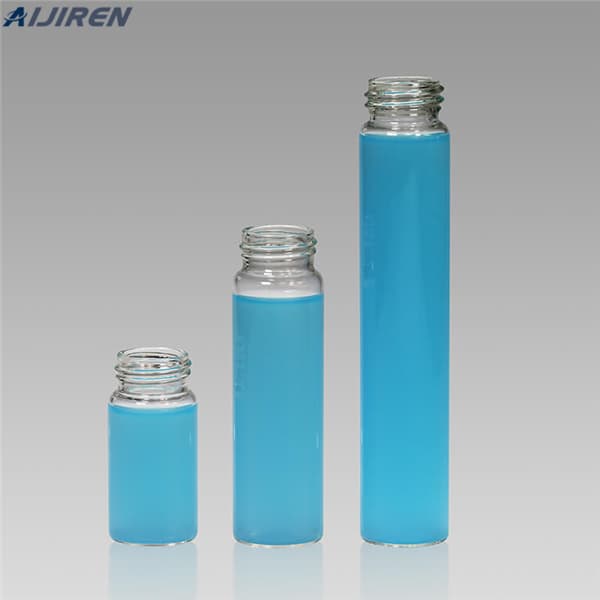
This report describes that sampler and its use, and outlines field procedures specifically designed to provide contaminant-free, reproducible volatile organic compound data from stream-water samples. These guidelines and the equipment described represent a significant change in U.S. Geological Survey instructions for collecting and processing stream-water samples for analysis of volatile organic
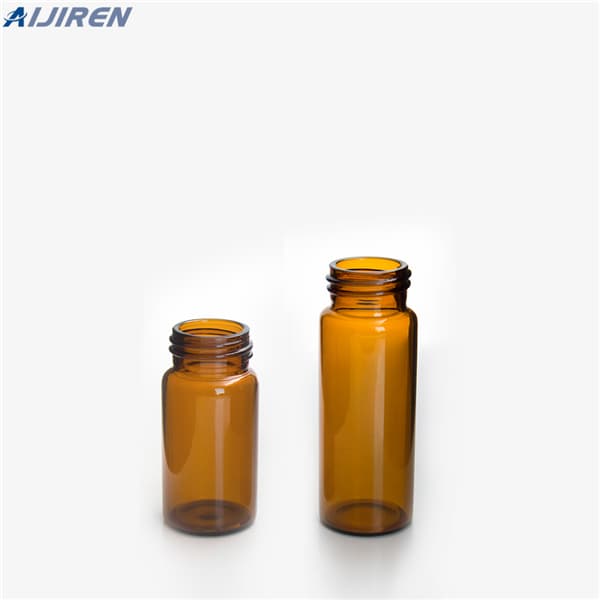
Screw Caps for VOA Vials High quality polypropylene caps with a 24 - 400 GPI thread for use with VOA (Volatile organic analysis) vials. As open top closures, they allow for sampling through a septum. Part No. Description Qty/Pk VCC-2401TB-100 100 1000
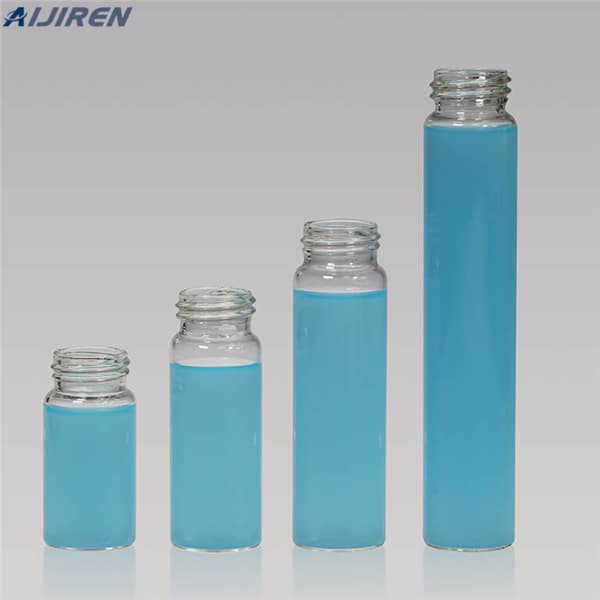
5220B.4a, C.4, or D.4. Use procedure 5220B.4b to determine, with lesser accuracy, COD values from 5 to 50 mg O2/L. 2. Interferences and Limitations Oxidation of most organic compounds is 95 to 100% of the theoretical value. Pyridine and related compounds

